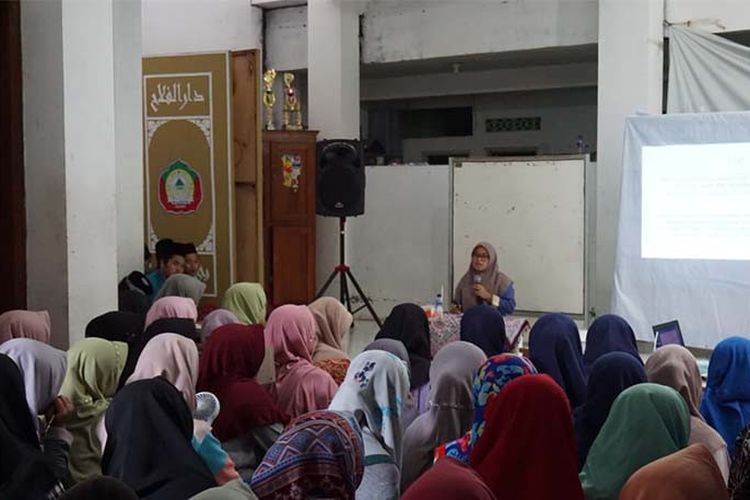There are more fundamental issues to discuss within the world of pesantren beyond the topics of harassment or mistreatment of students—namely, the learning system of the pesantren itself. Addressing this issue can help reduce the perception that pesantren adhere to outdated and conservative educational principles that are resistant to change and civilization’s progress.
Such critiques are understandable when some salaf (traditional) pesantren still enforce strict regulations limiting the use of technology such as gadgets, televisions, and computers. In contrast, the post-modern era demands that everyone be able to utilize technology not only as a source of information but also for economic purposes.

However, pesantren have their own reasons for enforcing strict limitations on technology usage. Beyond the potential disruption to teaching and learning activities, technology is also susceptible to misuse, becoming a medium for immoral behavior or promoting criminality. Moreover, there is a unique culture in salaf pesantren that distinguishes them from modern institutions, one that remains largely unaffected by the tides of modernization.
Skepticism toward pesantren has eased somewhat with the contributions of figures like Savic Ali, former editor of NU Online and Islami.co, who now serves as Executive Chair of PBNU (Nahdlatul Ulama Executive Board). He has noted that several pesantren are becoming more tech-savvy, utilizing applications for attendance, administration, and digital payments.
We certainly hope that the majority of pesantren will start thinking more progressively about their governance systems, enabling students to thrive amid the increasing influx of technological advancements. This would help dispel any negative perceptions that pesantren are falling behind in educational standards.
On another front, Nahdlatul Ulama (NU) leaders are increasingly engaging in digital forms of preaching. For example, they deliver religious studies via Zoom meetings, YouTube channels, and Facebook Live broadcasts, as seen with figures like Gus Ulil Abshar Abdalla. This digital transformation forces pesantren teaching methods to become more flexible, no longer confined by time and space. Now, anyone can potentially become a teacher or a digital santri.










